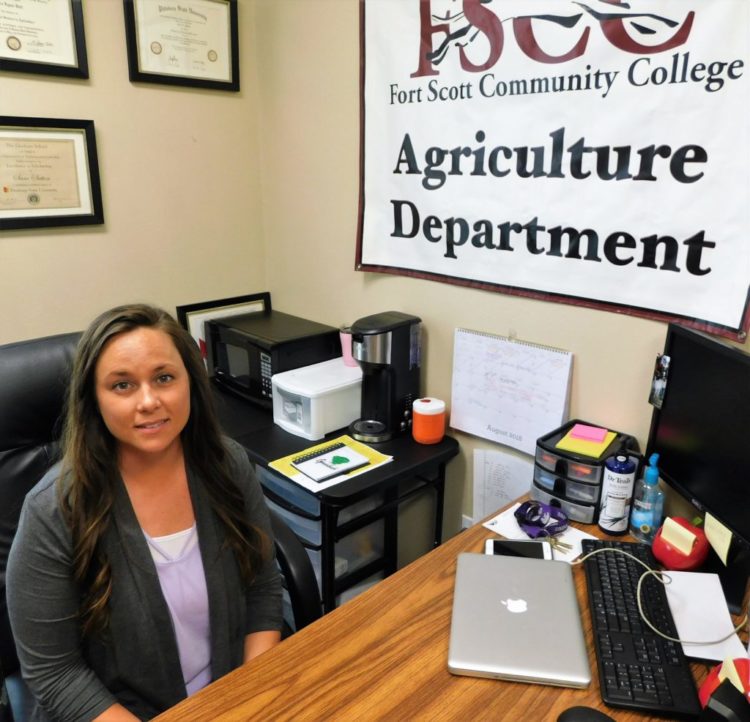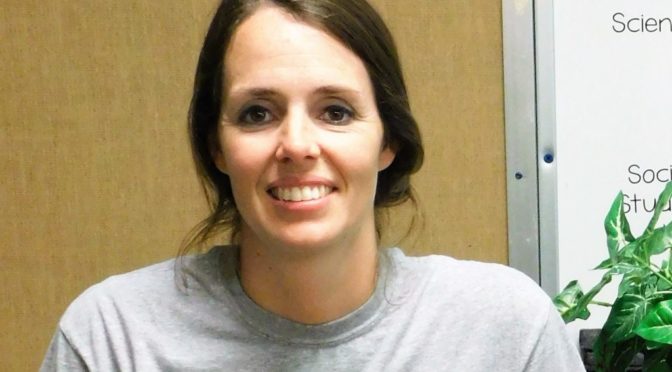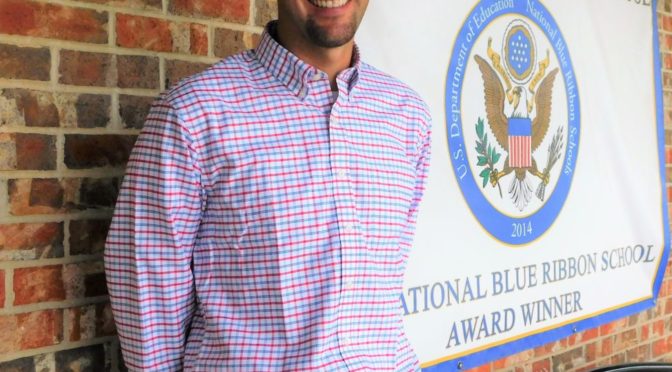The “dog days of summer” is often a drab time of year for our landscapes. The heat has taken its toll on many annuals, perennials have already done their thing for the year and lots gardens have been overtaken by weeds. In thinking ahead to next year’s planting, there are shrubs that flower later in the growing season that you may want to put in the landscape to brighten it during the summer.
- Rose of Sharon – a tall shrub that produces single or double flowers. Colors range from white to red, purple or violet, or combinations depending on the variety.
- Crapemyrtle – dwarf to tall shrubs or trees. Flower color varies from white, pink, to purple or deep red on different plants.
- Bluebeard – this is also known as blue-spirea, blue-mist shrub, or caryopteris. It is usually found with blue flowers, but some cultivars have a bluish-violet to violet flower color.
- Sweet Autumn Clematis – this is a vigorous vine with large masses of small, white flowers that have a wonderful fragrance. However, use caution as it can outgrow its bounds.
- Davidiana Clematis – this is a bush-type clematis with small but interesting violet-blue flowers. Female plants bear interesting fluffy seed heads into the winter.
- The PeeGee Hydrangea – a coarse plant that develops large clusters of white flowers. It can be trained into a tree-like form.
Even though the summer growing season is winding down, it is the perfect time to think about putting in a fall garden. I know it can be hard to think about getting out in the garden and starting over when it is 90+ degrees out, but fall is a fantastic time to garden!
Salad crops such as lettuce, radishes, spinach, turnips, mustard and other greens can be planted from mid-August to early September for fall harvest. Plant seeds slightly deeper than you did in the spring. This will keep the seed slightly cooler though still warm and the soil should retain moisture longer. Water frequently until seedlings start to emerge. Once the plants emerge, reduce the frequency of watering.
And if you’re needing to improve your “green thumb,” consider taking the Master Gardener training class that will be offered in Chanute this fall. Applications are being accepted until August 27th. The fall training class will begin September 10th and will be every Monday through October 15th from 9 am until 4 pm. Area resident are welcome to attend the training, and one does not need to reside in Neosho county. The Master Gardener training consists of 50 hours of instruction in all aspects of horticulture. Instructors include state specialists from Kansas State University. After training is completed, individuals donate and equivalent number of hours of service as was received in instruction.
Applications can be picked up at the Extension office, e-mailed or mailed to you. The fee for the course is $85 which covers the cost of the Master Gardener course notebook.
Don’t let the summer blahs get you down! There is still plenty of growing season left. If you have questions, please don’t hesitate to contact me at [email protected] or 620-244-3826.
Krista Harding is a K-State Research and Extension Agricultural agent assigned to Southwind District.







